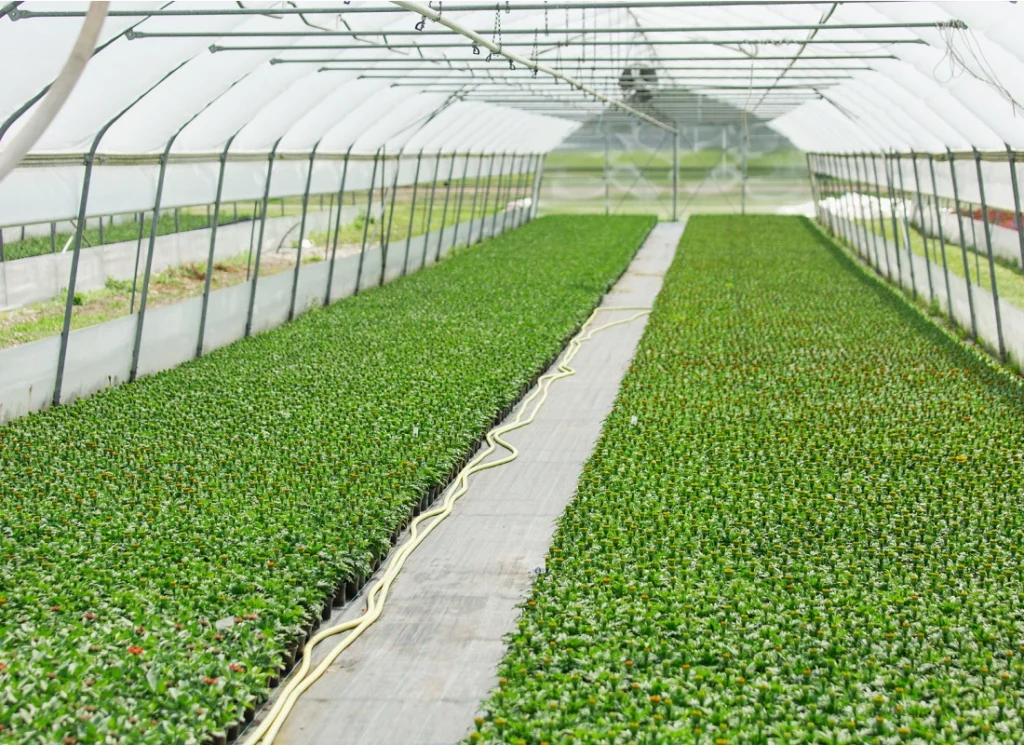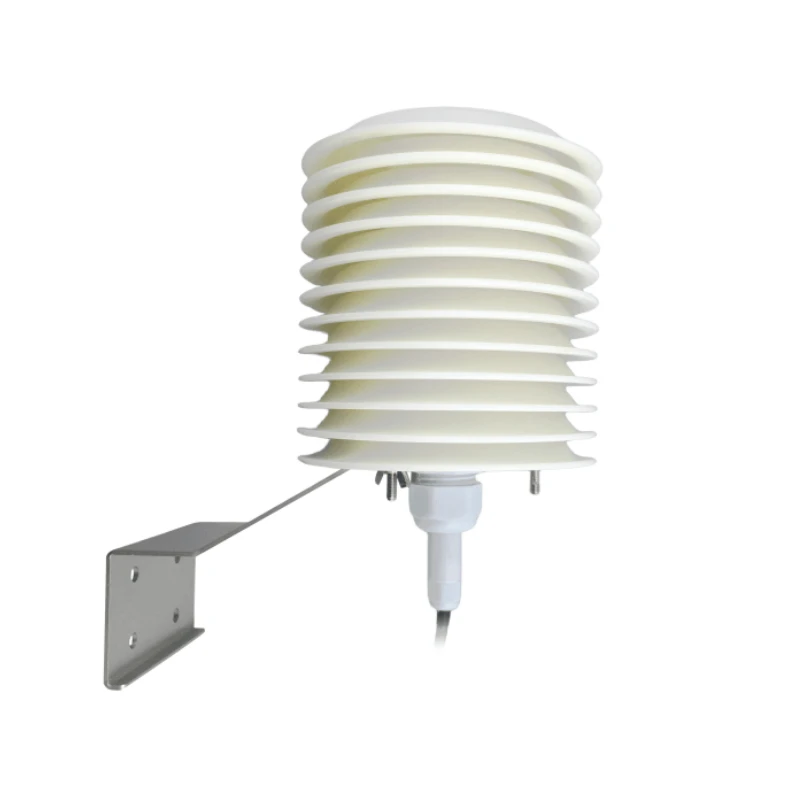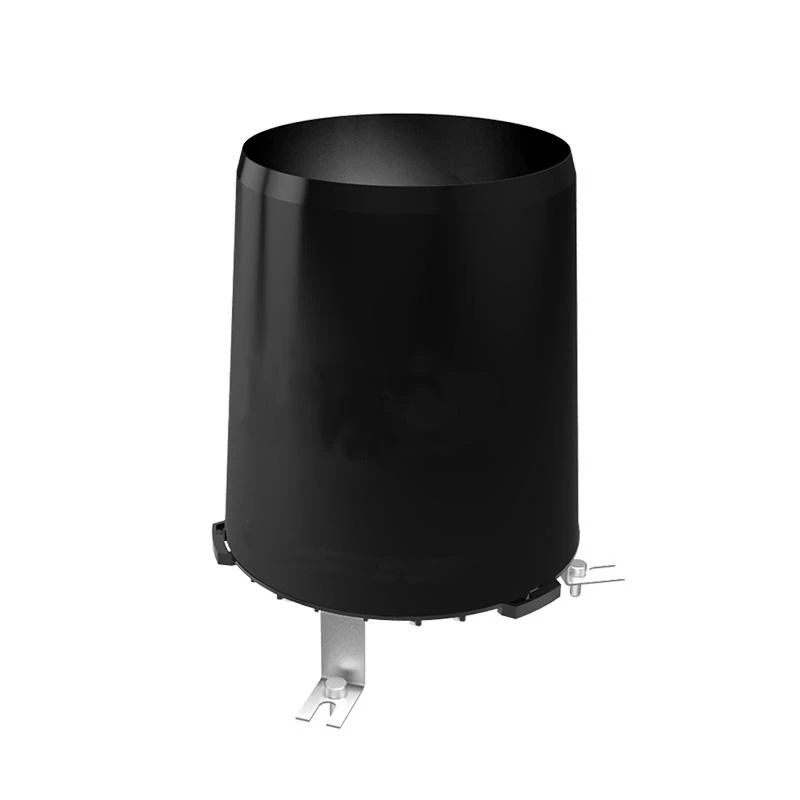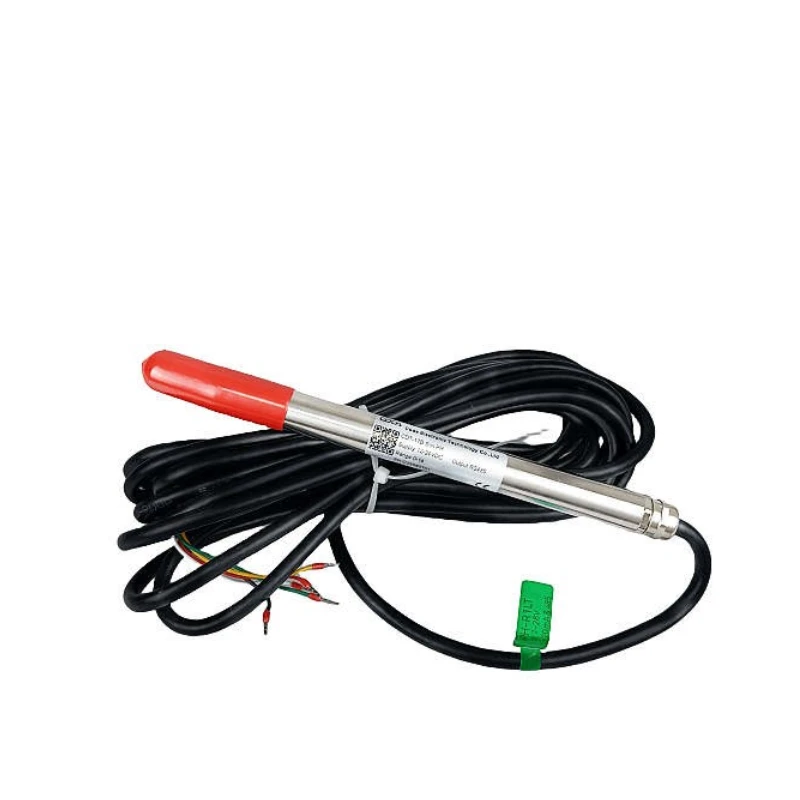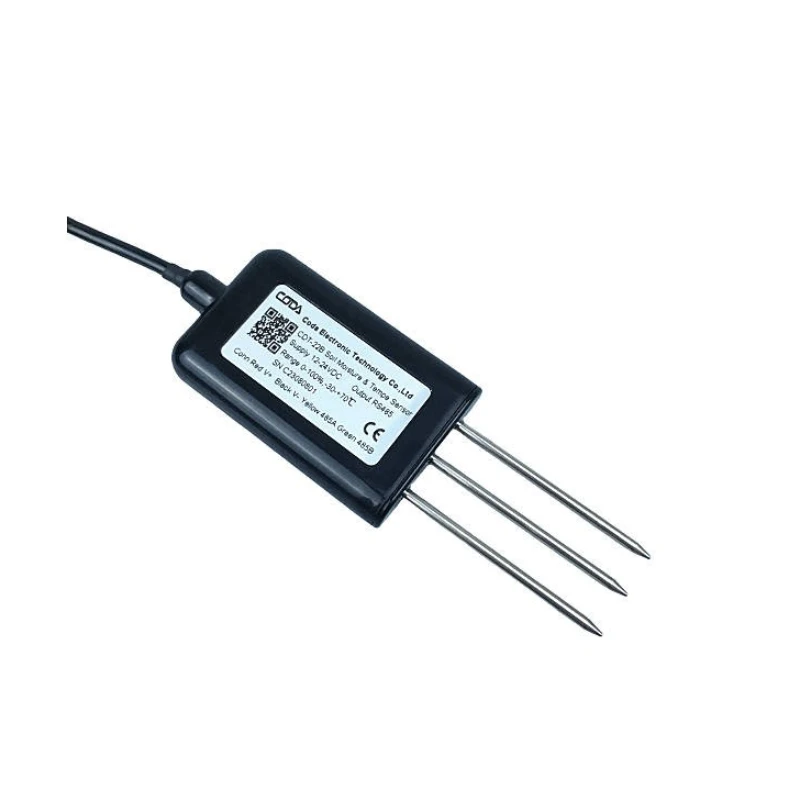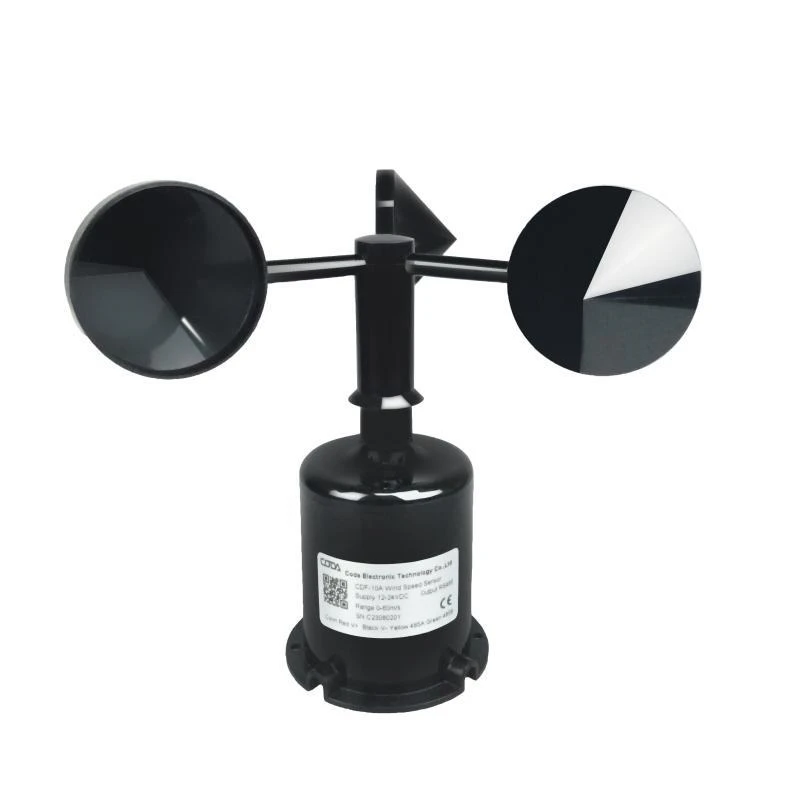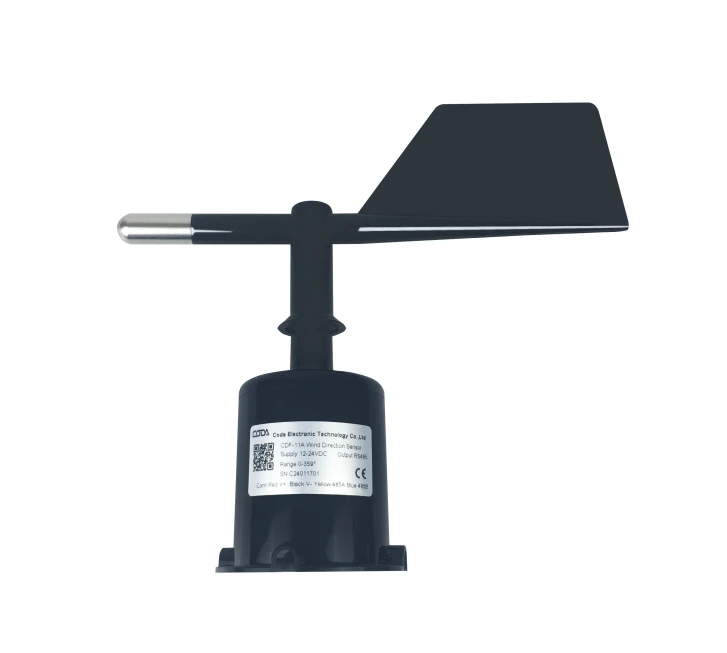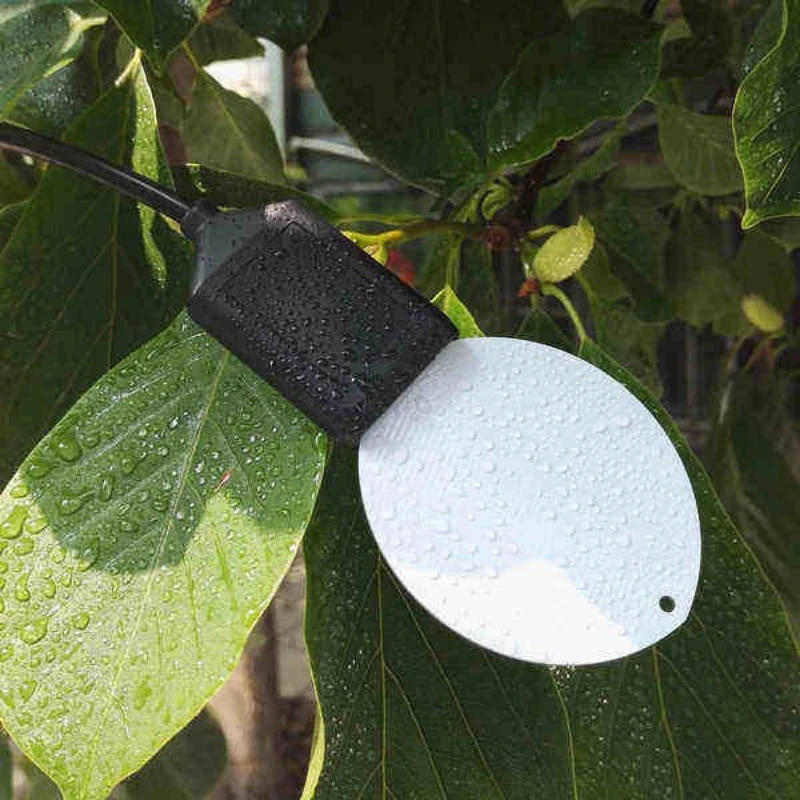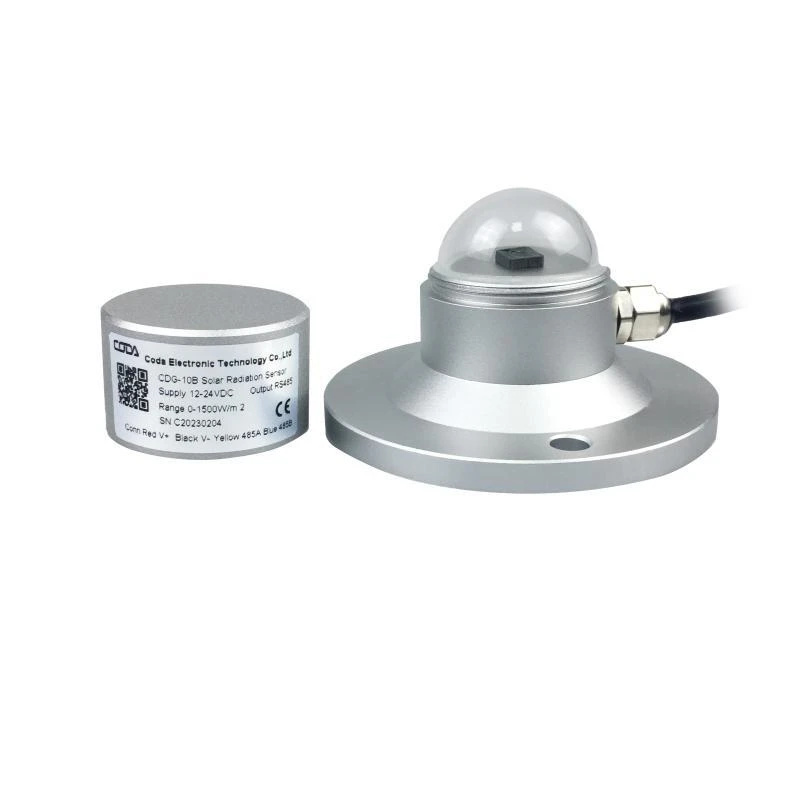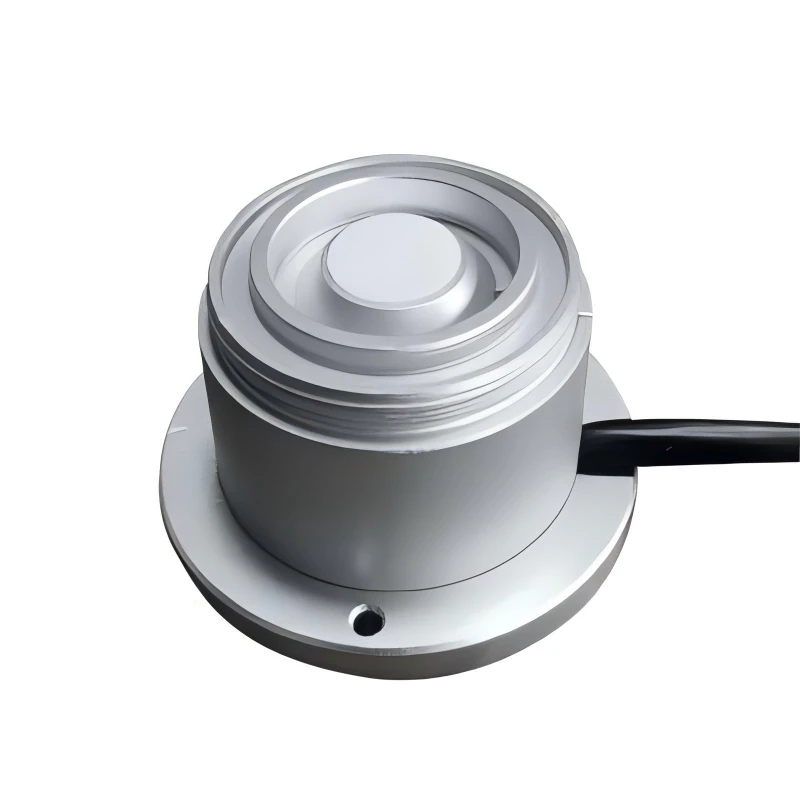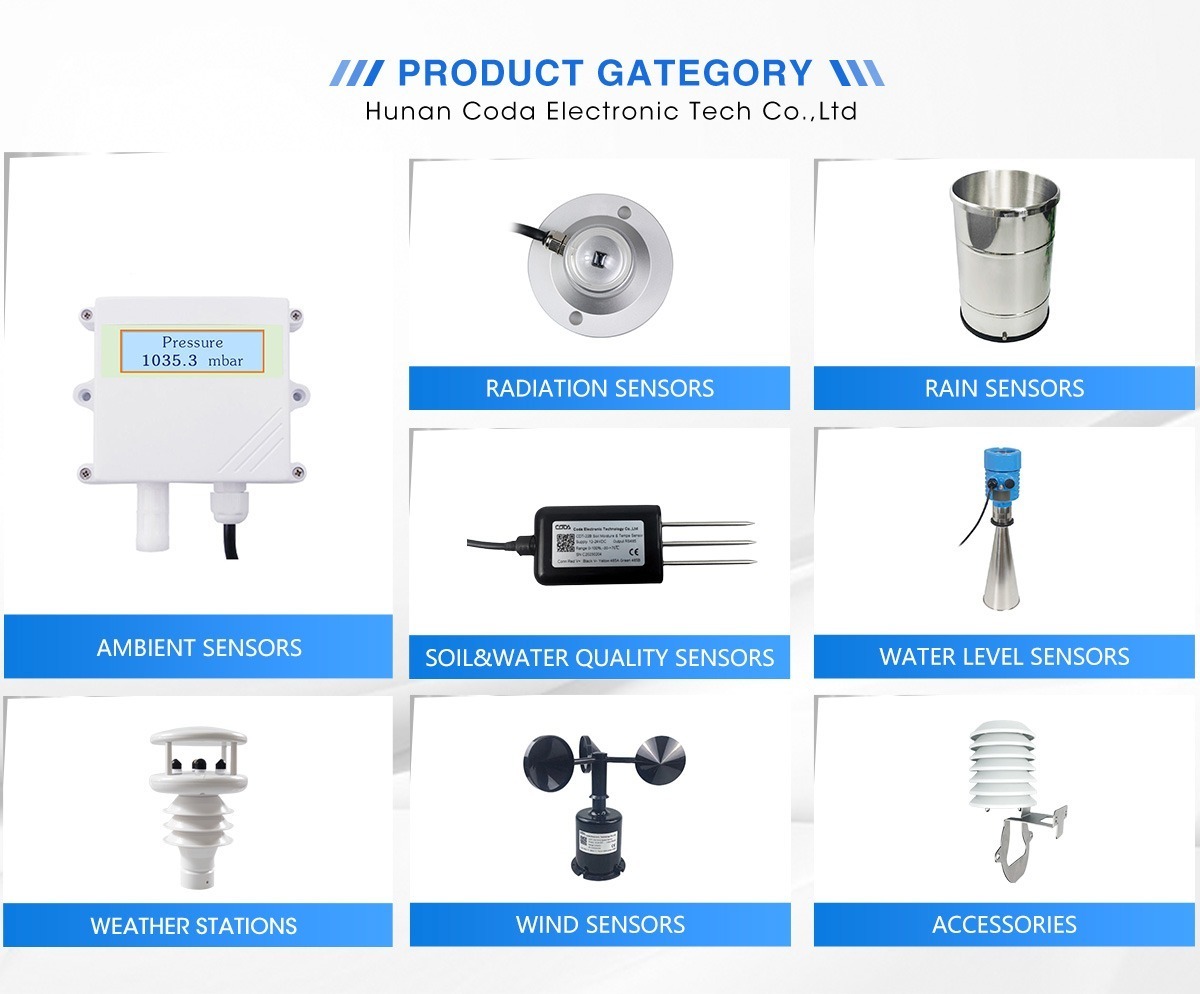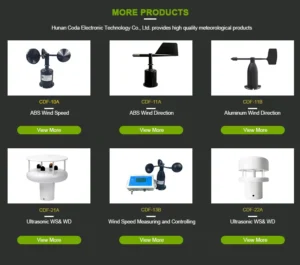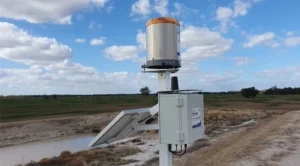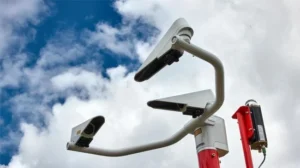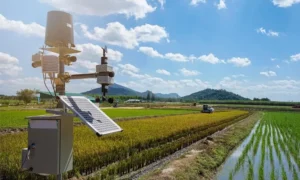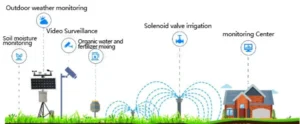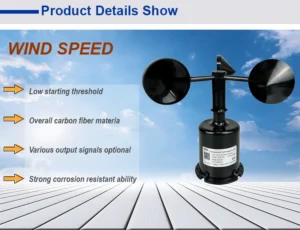Coffee growing solutions
The cultivation of coffee beans is extremely reliant on particular environmental circumstances. The prosperity of coffee farming is predominantly determined by the proficiency in managing and observing these conditions.Ranging from the climate to the quality of the soil, each element is of vital significance in dictating the quality and output of coffee beans. The following are the principal factors indispensable for cultivating top-notch coffee, accompanied by an explanation of how Coda Sensor’s coffee growing solutions can assist farmers in attaining the best possible outcomes.
Climate Conditions
Coffee beans experience excellent development in warm and humid climatic areas, wherein the temperature preferably varies from 15°C to 26°C. Besides, regions exhibiting notable day-to-night temperature changes are extremely advantageous for coffee bean cultivation. The coffee plants have a vital and considerable demand for plentiful sunlight and precipitation, and the preferable annual rainfall quantity is between 1,200mm and 2,000mm.
Coda Solution: Coda provides high-precision temperature,humidity,and rainfall sensors that enable real-time monitoring of these critical parameters. By tracking weather patterns and climate changes, farmers can ensure the growing environment stays within the ideal range for coffee beans. These sensors help in making timely adjustments, such as irrigation or shading, to protect the crop from climate stress.
Soil Conditions
Coffee plants show a particular preference for acidic soils wherein the pH level lies between 4.5 and 5.5. Both proper soil aeration and the ability to retain water are equally essential. The soil must be richly provided with organic matter and nutrients so as to nourish and support the plants throughout their whole growth cycle.
Coda Solution: Coda offers advanced soil monitoring systems that track soil pH, moisture levels, and organic content. With this data, farmers can maintain optimal soil acidity and nutrient levels, ensuring the coffee plants receive the right amount of water and nourishment. This system reduces the need for guesswork and helps farmers implement better irrigation and fertilization practices.
Altitude
Day-Night Temperature Variation
Sunlight Exposure
Coffee plants call for about 6 to 7 hours of sunlight per day to achieve healthy growth. Excessive or inadequate sunlight can unfavorably affect the quality and production volume of the coffee beans.
Coda Solution: With precise light sensors, Coda Sensor enables farmers to monitor daily sunlight exposure. If there is too much sunlight, shading methods can be employed, and if there is too little, adjustments to plant placement or artificial lighting can be introduced. This ensures that coffee plants receive the optimal amount of sunlight for photosynthesis and growth.
Coffee Growing Solutions Conclusion
Thriving coffee cultivation hinges on meticulous consideration of numerous environmental aspects, spanning from climatic and soil circumstances to altitude and sunlight access. Coda Sensor’s all-encompassing monitoring systems offer instantaneous, data-backed perspectives into these vital elements.
This empowers coffee growers to reach well-informed conclusions that augment both the quality and quantity of their harvest. Through the utilization of Coda Sensor’s innovation, coffee farmers can fine-tune their cultivation settings and generate top-grade beans, concurrently minimizing resource depletion and enhancing operational effectiveness.
